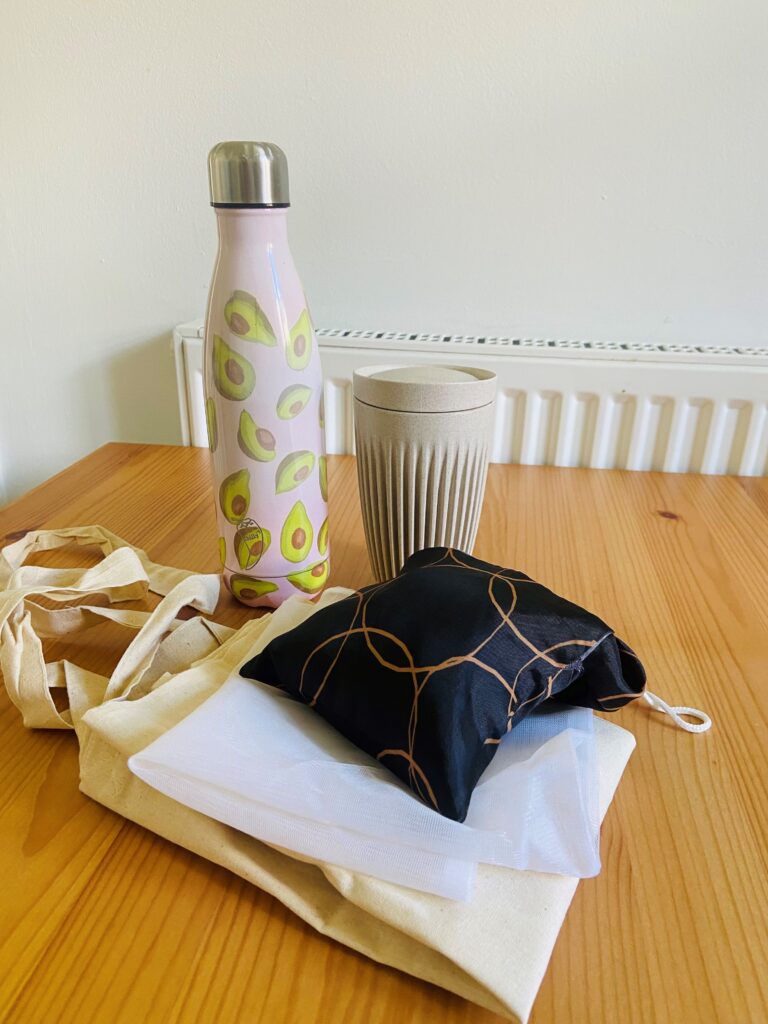The need to transition away from the world’s reliance on plastic relates to the global environmental problem of plastic pollution. Plastic is a highly durable material, therefore it rarely completely disappears once out in the environment, it will instead take many years to break down into smaller pieces or microplastic.
“Approximately 7 billion of the 9.2 billion tonnes of plastic produced from 1950-2017 became plastic waste, ending up in landfills or dumped”
Plastic pollution is causing harm to marine life, the climate and humans across the world, which we have discussed in our World Environment Day 2023 post.
Plastic Free July is a challenge created by the Plastic Free Foundation that aims to help people begin or continue their journey to reduce their use of single use plastic. The beginning of the journey to reduce single use plastic as an individual or family can be daunting, so here are some tips on where you can begin:
Tips on how to reduce single use plastic in your everyday life:
- Travel cup: By carrying a travel cup with you every day, you can remove the need for single use coffee cups when you buy coffee out and about. Some coffee cups are now designed to be collapsible, so they take up less room in your bag.
- Water bottle: Instead of buying water in a single use plastic bottle, you can carry a reusable water bottle with you and fill it up from a tap when you are on the go, at school or at work.
- A great way to reduce plastic packaging is by buying dry food products such as rice, pasta, and spices from refill shops, simply save some containers or take some Tupperware to the shop to bring your purchases home in.
- Invest in a re-useable cutlery set to carry for your meals on the go, some even come with a reusable straw, you could even just bring your home cutlery in your bag if you don’t want to buy a travel set!
- Reuse what you already own as much as you can, for example do you have plastic takeaway containers that can be used as a lunch box instead of buying a new plastic lunchbox?
- Do some research into what food products that you consume may contain traces of plastic, such as tea bags and chewing gum and look for alternatives such as loose tea.
If you would like some more specific ideas for swaps, we have posts on Sustainability that outline small sustainable swaps for your bathroom and kitchen that aim to reduce single use plastic.

Resources to help you with your journey to plastic free:
